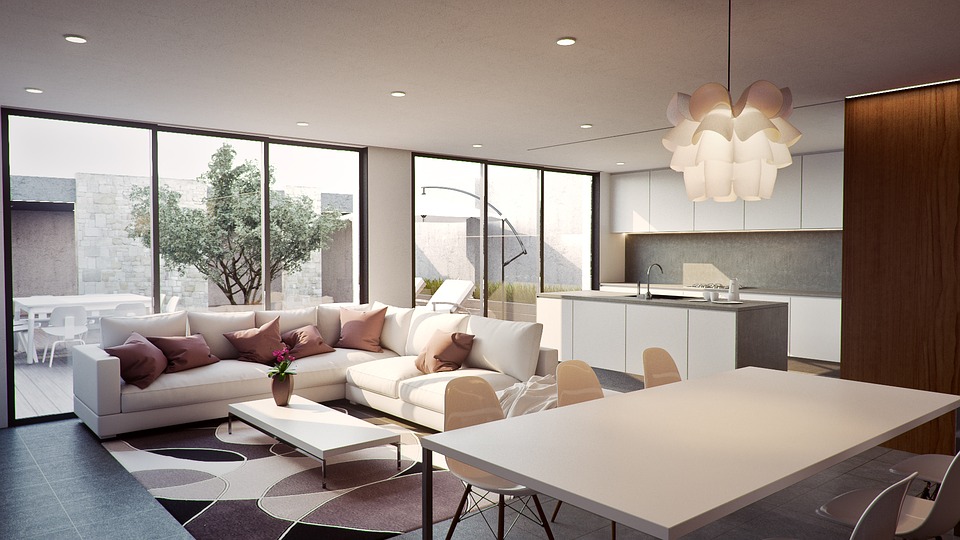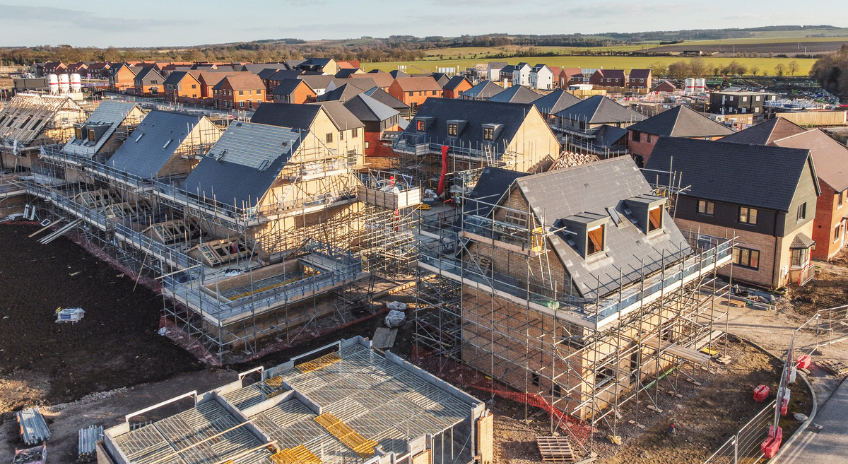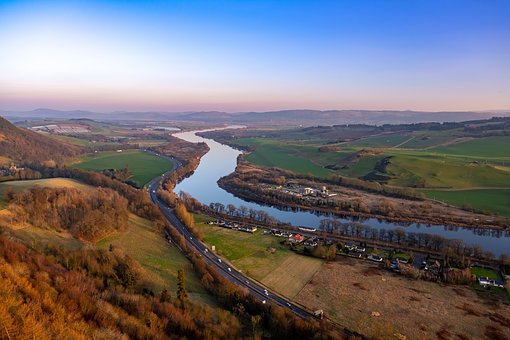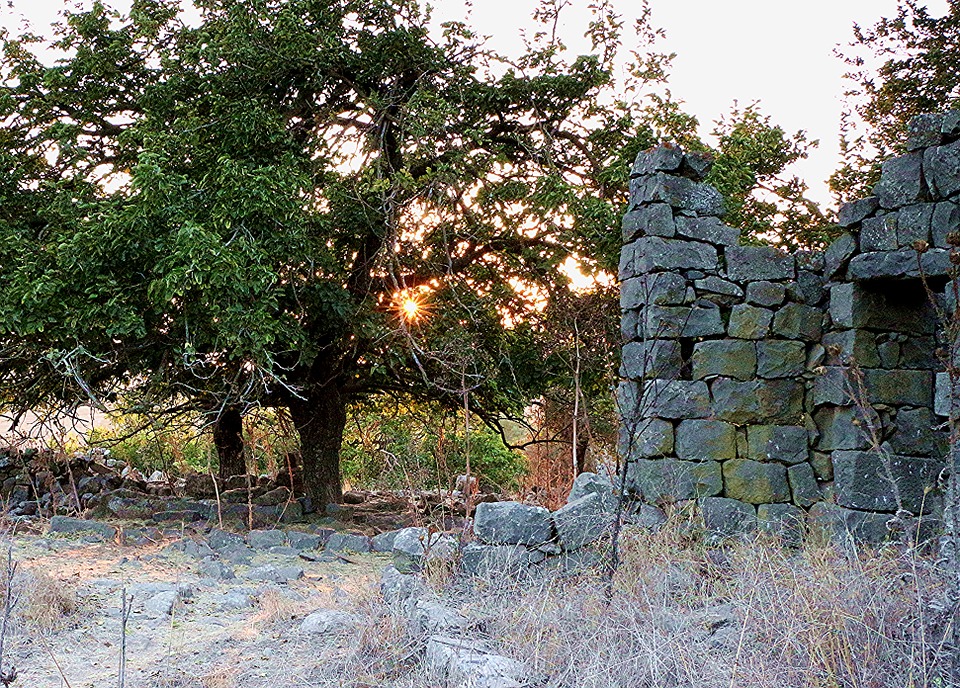
To Airbnb or not to Airbnb?
Date: 07/11/2018 | Construction, Planning, Real Estate, Residential Development
That remains the question as the planning regime slowly catches up with the unprecedented rise of the short term holiday lettings market around Scotland.
Until emerging policy and legislation fill the gaps in the existing regulatory framework, complex legal problems without clear solutions arise time and time again. Whether acting for a landlord, tenant, buyer, seller, operator or neighbour of a property being used as tourist accommodation, the following issues may require specialist advice:
- Requirements for consent – A material change in the use of a property, commercial or residential, may require fresh planning permission. We can advise on whether permitted development rights apply (removing the need for such consent).
- Planning procedure – We can provide guidance on what planning permission to apply for, relevant procedure (pre-application, during determination and in the event of an appeal) and carry out audits of applications, including those subject to the Environmental Impact Assessment (EIA) regulations.
- Operational restrictions – Planning conditions and obligations agreements (Section 75 agreements) may be used to regulate the use of short term let properties. These may attach to the land and pass the risk on to successors. Increasingly, title conditions may also be imposed to limit how a property is used.
- Enforcement – Raising and defending complaints and dealing with purported breaches of planning can be complex, business-critical and require close engagement with Councils.
- Statutory designations – Tourist areas with the most demand for short term lets are also more likely to fall subject to environmental protections (such as Areas of Outstanding Natural Beauty, SSSIs and valued landscapes) and heritage protections (such as listed buildings and conservation areas).
Please contact Jacqueline Cook should you require further information about our planning law practice.




















































































